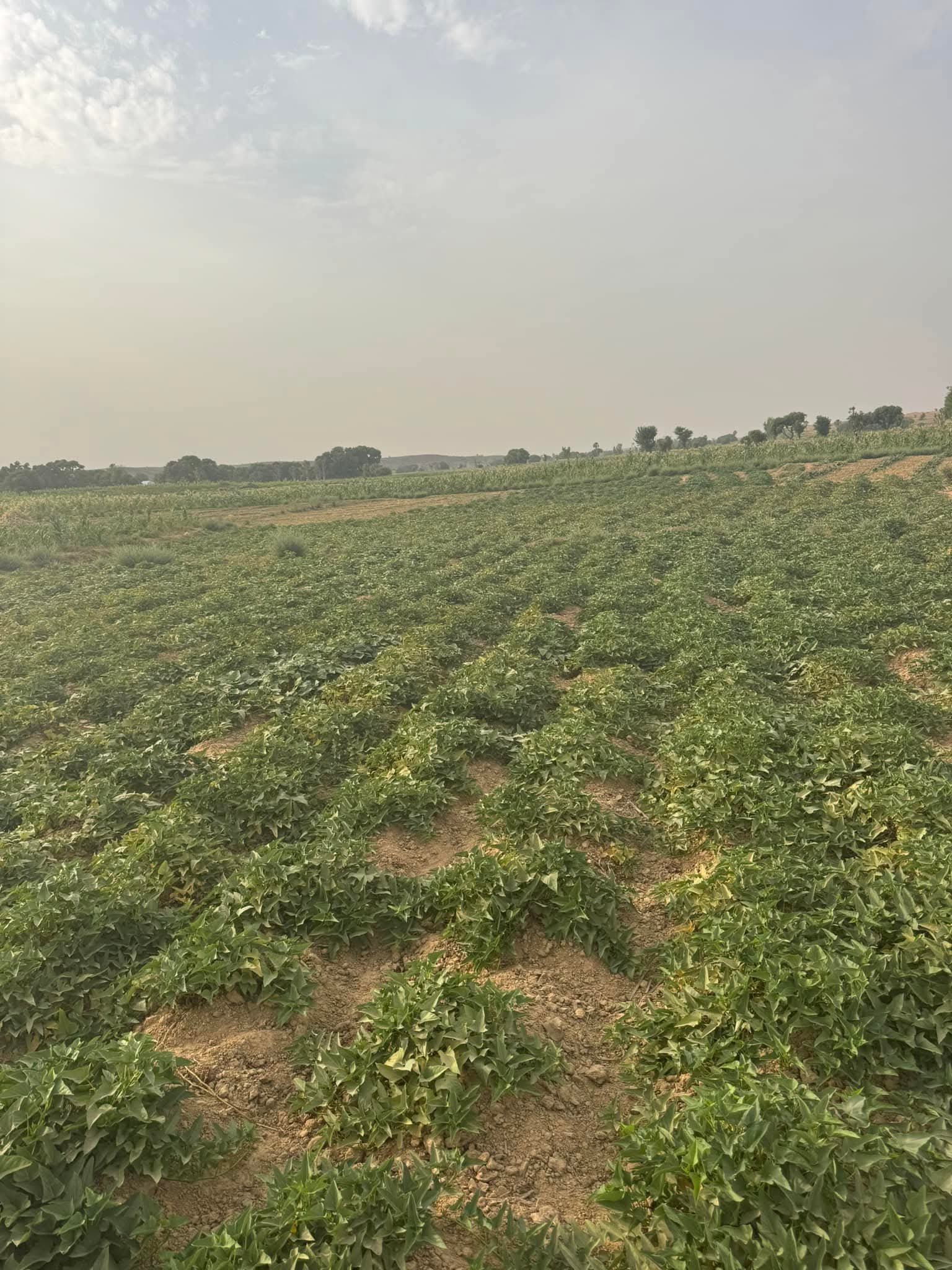Security: A Collective Responsibility – The Call to Action
By Dr Sirajo Yakubu
1. INTRODUCTION
Security refers to the state of being free from danger or threat. It means the state of feeling safe, stable, and free from fear or anxiety. On the other hand, insecurity refers to the state of being open to danger or threat, or lack of protection.
Nigeria is currently grappling with security challenges ranging from banditry to kidnapping, terrorism, insurgency, cattle rustling, and many more. These incidents result in the killing of innocent lives and destruction of properties. The situation has deteriorated significantly since 2017, with most of the incidents occurring in northern Nigeria and the southeast.
The disruption to lives and livelihoods and the surge in the number of internally displaced people has triggered a humanitarian crisis Nigeria has never witnessed in the past. Many displaced people are being prevented from accessing vital services such as education and healthcare, and farmers cannot plant or harvest crops.
Yet, despite government might, criminals grow bolder as corruption thrives. Meanwhile, communities, once united against threats, have now become defenseless.
It is time to change the narrative. Security is not just a government duty. It is a shared responsibility.
2. UNDERSTANDING THE CRISIS
The causes of insecurity are deeply rooted in societal decay. One of the greatest enablers of insecurity is the disregard for the rule of law. When leaders break laws without consequence, it sends a message that crime pays. This fuels lawlessness, creating an environment where criminals operate freely. Secondly, corruption. Funds meant for security and development are mismanaged, leaving security agencies ill-equipped. Worse still, corruption allows illegal arms, drugs, and criminals to pass through borders undetected, strengthening the hands of those who threaten peace. Third, diminishing family values. Many parents abdicate from parental responsibilities as children grow up without guidance, making them vulnerable to crime. The case of Almajiri children abandoned by their fathers is a prime example. These abandoned children become easy recruits for violent groups. Finally, at the heart of it all is poverty. Poverty makes people desperate, and desperation breeds crime. The more insecurity spreads, the harder it becomes to attract investments, worsening unemployment and poverty. Thus, it results in forming a vicious cycle, which must be broken.
3. THE PSYCHOLOGICAL TOLL OF INSECURITY
Beyond economic consequences and physical threats, insecurity creates an emotional and psychological burden. People live in constant fear, unable to trust even their neighbors. Families worry about their safety, while business owners remain unsure if they will survive another attack. The emotional strain also affects national productivity. A fearful society is not an innovative one. Young people, instead of focusing on building their future, are consumed by anxiety. Talented professionals migrate abroad, seeking safety and stability elsewhere. The long-term effects are devastating: a nation where its best minds are fleeing, its industries are collapsing, and its citizens feel abandoned. If security is not restored, the Nigerian dream, one of progress and prosperity will remain just that: a dream.
4. THE ROLE OF EVERY STAKEHOLDER
The government cannot tackle insecurity alone. Thus, everybody is a stakeholder and therefore has a role to play.
i. The Government: Beyond Promises
Security is the government’s primary duty. It is a constitutional responsibility. The government must step up intelligence gathering and security operations against criminals. Authorities at the local government level should be central to community policing and intelligence gathering. At this critical time, leadership must prioritize security. Thus, resources and political will must be invested heavily to combat insecurity. Also, root causes of insecurity such as unemployment and corruption must be addressed.
ii. The Family: The First Line of Defense
Parents are responsible for shaping the future of their children. A child raised with good values is less likely to engage in crime. However, many parents neglect their duty of proper child upbringing, leaving children to learn from the streets. In societies where crime is rampant, research has shown that many offenders come from broken homes. While a stable home environment creates individuals with moral compasses, broken homes breed lawlessness. Thus, families must do better to instill discipline and good moral values in their children.
iii. The Community: A Shield Against Crime
Communities must revive the spirit of collective security. Reporting suspicious activities, supporting distressed neighbors, and organizing community-led security initiatives can go a long way in making neighborhoods safer. Community policing should be encouraged. Such initiatives have led to reduced crime rates because criminals are less likely to operate where they know they will be confronted by their own people.
iv. Traditional Rulers: The Silent Power
Traditional institutions once played a key role in ensuring security in their domain. They still wield influence, especially in rural areas, and can help identify criminals before they cause harm. Governments must empower them to work alongside law enforcement. The role traditional rulers play in security discussions, as they often have firsthand knowledge of their communities must be sustained. By working with local police forces, state government security outfits, vigilantes, and local people, traditional rulers can assist in intelligence gathering and combating crime.
v. Schools: The Weapon Against Ignorance
Education is more than literacy. It is about character-building. Authorities must introduce the teaching of moral values, ethics, and leadership skills to equip young people for a productive life. Educational institutions should also incorporate security awareness programs into their curriculum. When students understand the dangers of crime and radicalization, they are less likely to fall victim to negative influences.
vi. Businesses: Investing in Security
For businesses, insecurity is not just a social issue, it is an economic one. Investors will not risk their money in unsafe environments. Companies must take an active role by supporting local security efforts, creating jobs, and engaging in corporate social responsibility to uplift vulnerable communities. Businesses do take private steps to secure their investments. However, this measure is a temporary solution. Instead, the private sector should work with the government to create employment opportunities, as unemployment is one of the biggest drivers of crime.
vii. NGOs: Bridging the Gap
Non-Governmental Organizations (NGOs) fill gaps where the government fails. From rehabilitating ex-convicts to providing skills training, their work is crucial. NGOs also play an essential role in raising awareness. By educating the public on security issues, they encourage citizens to be more proactive in protecting themselves and their communities.
5. CONCLUSION: A FUTURE WORTH FIGHTING FOR
The cost of inaction is too high. If insecurity continues unchecked, businesses will collapse, communities will disintegrate, and the future will be bleak. But if everyone takes responsibility, change is possible. Security is not just about the absence of crime. It is about creating an environment where people can thrive without fear. It requires a collective effort, where everybody plays a role. The time to act is now. Because in combatting insecurity, no one can afford to be a spectator. If Nigeria is to move forward, the responsibility must not be left to the government alone. Every citizen, every institution, every business, and every family have a part to play. The road to peace and stability is not easy, but it is a journey worth embarking on, for ourselves, for our children, and for the generations yet unborn.




